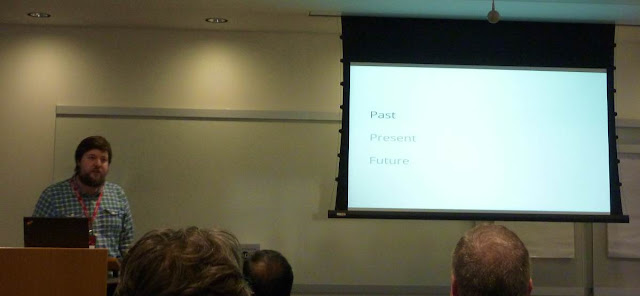Child 44
An adaption of the book by Tom Rob Smith. Leo Demidov (Tom Hardy), a former Soviet war hero and working for State Security, tracks down a child-killer while trying to save himself from an ambitious colleague (Joel Kinnaman).
Not as good as it could have been, too much of the plot revolves around Leo and his wife trying to avoid the Gulag and, when he does catch up with the villain, it's almost an afterthought. Not bad, but might lead to better sequels.
Noah
Based on the book of Genesis characters, Noah (Russell Crowe), the last descendant of Abel, is tasked by God to save the creatures of the Earth at the cost of the human race, which has become corrupt and barbarous.
Despite a faintly ridiculous plot, it's a reasonably coherent film, marred only by it's length.The acting is good enough, even from Ray Winstone as Noah's nemesis, but it's only an average pizza movie. Ray Winstone as God might have been entertaining, though.
The Wolf of Wall Street
A story of greed and excess from Martin Scorsese, Jordan Belfort (Leonardo DiCaprio), an out of work trader, realises there's a clever way to separate the unsuspecting from their money...
Can't say I like it, 'cause I don't. It's puerile and hollow, a pale shadow next to any of his previous films, even Goodfellas.
Taken 3
The latest of the Taken series sees Bryan Mills (Liam Neeson) framed for the murder of his ex-wife, kill a load of Russian gangsters and finding out it's her new husband wot done it. Or something. I am past caring.
Birdman
Winner of this years Oscar for Best Film, beating Grand Hotel Budapest, Selma and The Imitation Game, Riggan Thomson (Michael Keaton), a has-been actor used to super-hero roles, tries to stage a play on Broadway.
I'm not quite sure how this got onto the list, but it must have seemed a good idea at the time. A gesture to stepping outside the comfort zone, perhaps. It does seem like a film that actors, especially film actors, would understand, a sort of in-joke. It left me feeling a bit cold, however, with the mix of fantasy and reality recalling Terry Gilliams The Fisher King, without any of the latter's charm. Played straight, it might have worked.
Star Wars: The Force Awakens
I got to see the latest Star Wars and jolly good it is too. Abrams hasn't disappointed. The production is slick, with unobtrusive CGI. The plot, while including elements of the original, is workman-like and has enough twists and turns to make it enjoyable. The best parts for me, however, are the knowing nods to the fans (I especially liked the Millenium Falcon with a tarpaulin over it). Above all, there was no cuteness in it: no Ewoks or Jar-jar. And the Stormtroopers still can't shoot straight.
Rather than show yet another trailer, Disney are promoting Star Wars: Rebels, which is worth a look:































